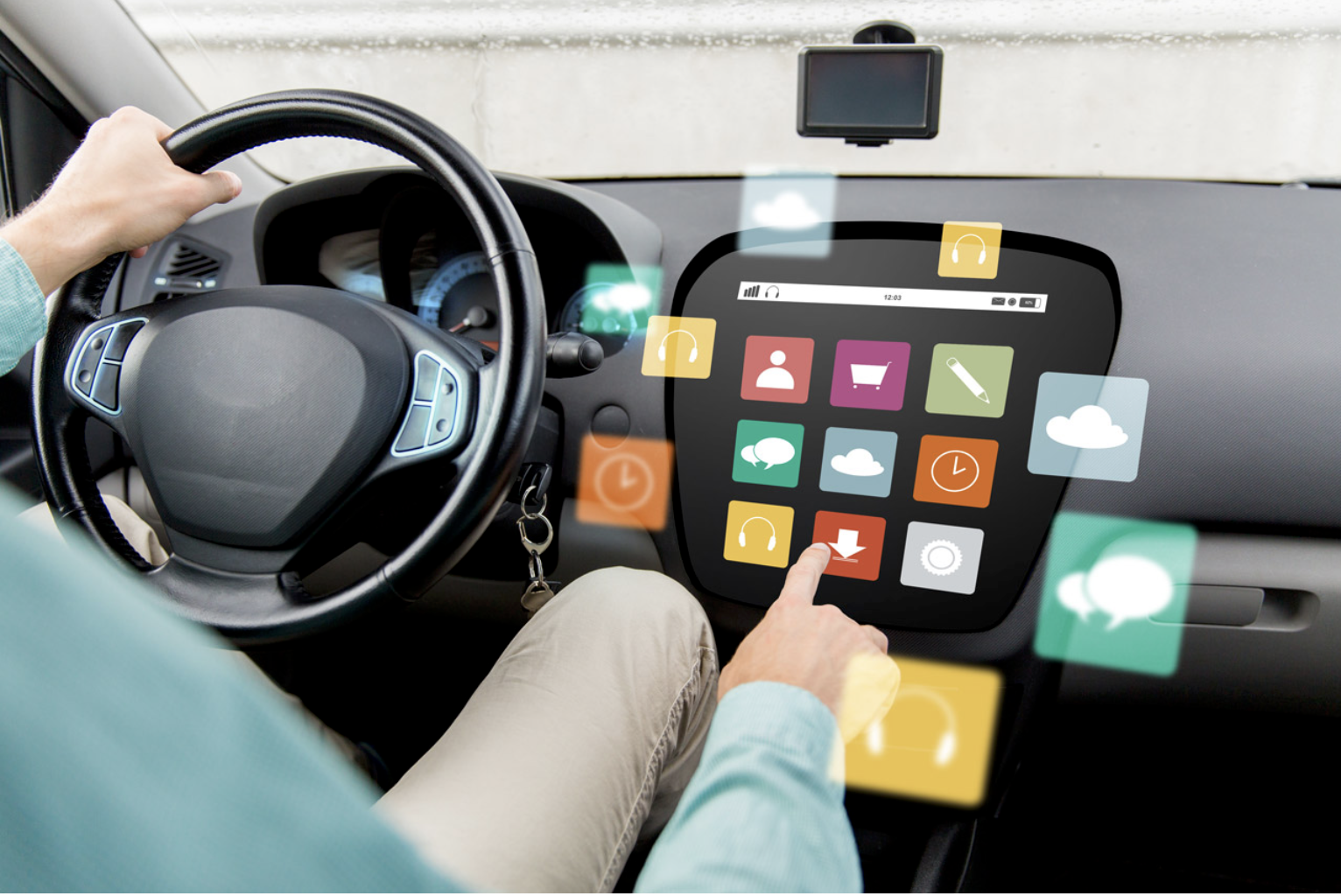Published on 2021-07-02

Your car collects a lot of data that escapes your control. The Automotive Industries Association of Canada (AIA) is currently leading a campaign to give consumers the right to exercise control over its use. This association represents actors in the automotive aftermarket industry, from manufacturers and retailers of parts to your local mechanic and body repair shop.
A petition was launched to ask federal Minister of Innovation, Science and Economic Development, Mr. François-Philippe Champagne, to include this right in Bill C-11.
“Your car knows how much you weigh,” gives as an example Mr. Jean-François Champagne, president of the AIA, in an interview with Victoire Events and Web. After the smartphone, the car is the connected device that knows the most about us and our habits. Bill C-11 was introduced to modernize the protection of personal information. For this reason, the AIA wishes to see the law apply to telematics data. To this day, over 26,000 people have signed the petition.
A growing number of connected cars
More and more cars are equipped with telematics systems. These systems use sensors to monitor the state of parts, measure driving habits and track the geolocation of the vehicle. Wireless technology is used to transmit this data directly to the manufacturer. According to a report published by Deloitte, 95% of new vehicles will be connected by 2022.
Mr. Champagne reminds us that “the electric car is on its way, but the connected car is already here.”
Less consumer choice
The president worries that “control over this information will limit the choices available to consumers.” Some restrictions are already present. “If I change a part on my car and the computer doesn’t recognize it, the vehicle won’t start.” Mr. Champagne gives the example of a manufacturer whose telematics system doesn’t recognize a transmission installed by a third-party vendor. Replacing a transmission must therefore be done at the dealership.
This will not only reduce choice, but increase the price of repairs for drivers. For the AIA, the rising restrictions puts the whole aftermarket industry in jeopardy. This puts at risk more than 490,000 jobs.
“We are looking for a national solution,” says the president of the AIA. As long as Bill C-11 is still on the table, the association will continue to raise awareness about this issue. It hopes that Minister Champagne will realize the importance of regulating the use of this data. “It took us ten years as a society to realize the harmful effects of Facebook on our local media,” says Mr. Champagne, and he hopes it will not take as long “to realize the harmful effects that connected vehicles will have on the way we drive.”
For the AIA, vehicle owners should have control over the data that they produce and it should be up to them to decide with whom to share it with.
Global Automakers of Canada did not respond to our request for comment.
Bill C-11 was introduced in November 2020. After its second reading, it will be sent to a committee to be studied before coming back before the House of Commons for its third and final reading.
|
A few years ago, Sam Harper traded his stethoscope for a keyboard. Independent journalist and programmer passionate about cybersecurity, He writes words and code. He is particularly interested in the social and political implications of the algorithms that influence our lives. |